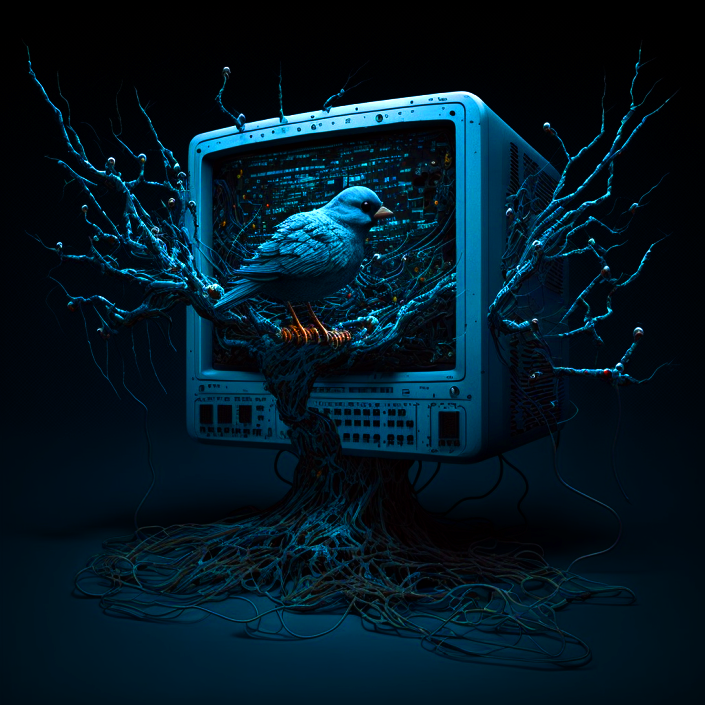There was a time not so long ago that I remember RSS feed’s being one of the most common things everyone seemed to talk about online. So many people would mention finding fascinating stuff on their RSS feed that I tried to do the same myself, but found the discovery to be severely lacking. I didn’t have a list of writers of visited, not yet anyway. Along came Twitter and Facebook with their own proprietary feed, and behold, my dream of my own fascinating RSS feed disappeared and was forgotten.
But now, as we’ve seen.. allowing centralized entities to produce our feeds (even with our own curation) allowed the feed to be influenced or censored in a way we didn’t anticipate or even want. Content was prioritized to make us angry, because it increased the chances of our participation. Viral memes took over the discourse. This seemingly destroyed the variety in topics of interests. In the RSS days, completely random discussions would take place simply because one person had a thought and wanted to share it. Now every post, every blog, every tweet, seems to be part of some homogenous trend.
With this homogeneity I think lies some power. In particular, creating a homogeneous narrative that is consistent on Twitter allows for bias to be used even more effectively. Specifically US partisan politics continues to dominate nearly all conversation there. Censoring political rivals, or more generally *an idea* is downright nasty business… something these platforms have no business engaging in.
There simply shouldn’t be flawed humans forcing their opinion on the construction of the media you read every day. I would hope this point has come to the top of mind for those who weren’t aware of the problem before, after Elon Musk’s latest banning spree. Pre-Musk Twitter had it’s flaws as well, and in fact Elon Musk is only the other side of a coin that’s been in play at Twitter for many years. But, the result is the same: censorship and influence based on bias, rather than necessity.
After having thought on these things I’ve personally decided to explore and improve upon the world of RSS, as an alternative to using these platforms at all. RSS allows me to finely curate my news, and with a little more modern machine learning techniques I think it could rival the Twitter feed, while keeping control in the hands of the person consuming it. RSS is the first decentralized feed protocol, we’ve just never thought of it this way before. Oh, and yes, this blog itself has an RSS feed here: https://jamesonquave.com/feed/

Well said. I remember a world where most people were not political, although we all still had our opinions on political issues. Since Facebook went public and Twitter took off, all anyone seems to talk about is politics. However, these platforms created an echo chamber, and gives those who participate the false impression that thier political opinions are actual facts, they they are “right”. This has helped lead us to a more polarized world of us and them. It’s sad really. Most people have more in common than they know, if only they wouldn’t focus on politics.